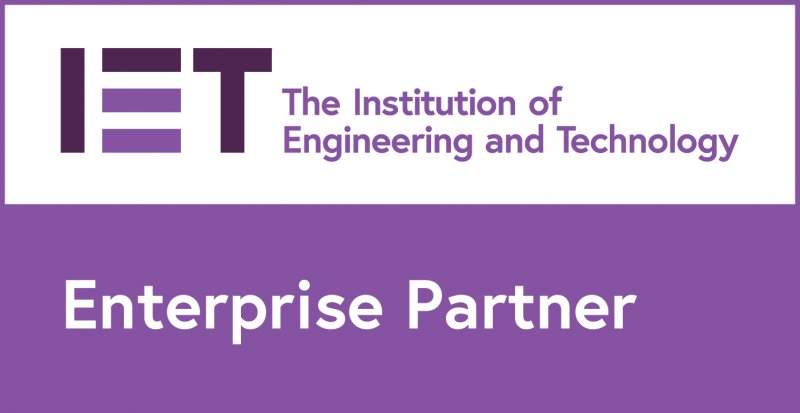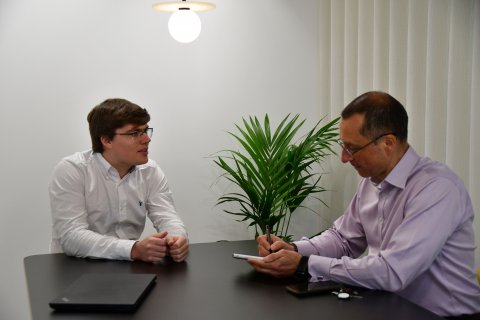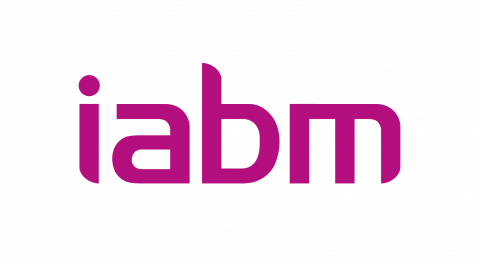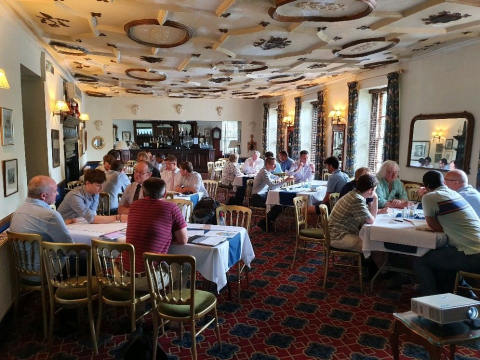
Recently I was in discussion with a potential client about the challenges he was having with resourcing one of his projects. His automatic assumption was to approach a contract agency to get one or two contractors to backfill his shortage. Naturally, I asked whether he'd previously considered the alternative of using a design services consultancy. His reply … “No, is there a difference?” … provided the impetus for this blog.
There ARE differences, and you should carefully consider what your requirements are before selecting one or the other as they each have their own benefits and there is no one right answer as to which approach you should use.
I've captured some considerations below to help when making the choice. In a follow up article, I will explore some of the questions you should ask potential design consultancies before engaging them.
- A question of either/or?
Firstly, we’ll start by highlighting that this is not a black or white decision. There are multiple factors to consider and depending on your position the outcome will be different. It is likely that the answers you give now will be different for the next project, which may affect your choice, so remember to re-evaluate each time. - Are you looking for a transactional engagement or longer term relationship?
As a design consultancy we are interested in building longer term engagements. Yes, we do short transactional contracts when needed, but our preference is to engage for the longer term. A consultancy can invest in the relationship, through training staff on the clients' products, knowledge sharing, having multiple resources assigned to a project and most importantly understanding the business's situation and motivations. Consultancies can support the client by providing a pool of resources with product knowledge, who can cover each other during periods of unavailability (sickness, holiday …).
When choosing a contractor, unless you are prepared to pay a retainer during periods of no contract, you cannot guarantee access to the same individual. This may not be an issue for resolving a specific challenge today, but will you need support in the future when a field return needs debugging or the IP needs feature enhancing? - Broad and deep knowledge?
Contractors often come with very strong skill sets, ideal for working on a specific product in a specific market. This can be a cost-effective way to bring an industry expert into your team to achieve a specific aim in an efficient manner. Sometimes you're not fully aware of the skill set you need, or you need multiple skills which you can't find from a single contractor, so need to employ 2 or 3.
One of our clients appreciated our Agile approach to projects. They engaged us for a series of Scrum sprints. At one of the retrospectives they highlighted the benefit of engaging us as an organisation vs an individual contractor. Although primarily a software development project, having access to a multi-disciplinary team of resources with depth of skills in different areas was a key benefit. We were able to provide strong IT skills, in depth Linux kernel knowledge as well as experience in timing based protocols, whilst still only committing one “full time engineer” to the project. - Management overhead
Do you wish to be managing the resource?
As another member to your team, a contractor will be another head to manage, along with the invoicing and payment, which naturally increases with multiple contractors. They are accountable to the project manager and require tasks to be specified and allocated like any resource.
If you wish to be more hands-off or offload the responsibility to someone else, a consultancy can manage that for you, with a single report and invoice to generate even when you engage multiple resources. Depending on the size of consultancy, they could manage the project for you, ensure delivery against requirements and provide visibility of progress – often through on-line tooling. - Risk management
Typically, consultancies will offer Time & Materials and Fixed Price contracts. Fixed Price options take the risk away - you know the full cost of a project up-front with warranties and support. Time & Materials means you shoulder and manage the risk, equivalent to having a contractor working with your team. If you’re risk adverse, or the CFO is running the business, fixed price is likely to be your preference, a known up-front cost with guaranteed deliverables. With a lesser defined package of work, time & materials gives you greater flexibility to be agile with your requirements.
Hopefully this has given you some questions to consider before automatically picking up the phone to your contractor agency.
An example of the long-term engagement benefit seen by one of our clients:
Background: we’d had 10 years of rolling contracts with a client which had had to stop due to changes with their business situation. 12 months later they had an urgent project they needed to address internally. To backfill the move of their resources on to the new project they approached us, knowing we had the intimate knowledge of their products to be able to carry on their developments with minimal ramp up time and knowledge transfer required.
If you're interested in finding out more about consultancies and whether they might be the right fit for your next project or an alternative solution to a contractor, get in contact for a chat either on sales@itdev.co.uk or calling 023 80 98 8890.
And a final thought from one client we've engaged:
"You're not a supplier, you're part of our team".











